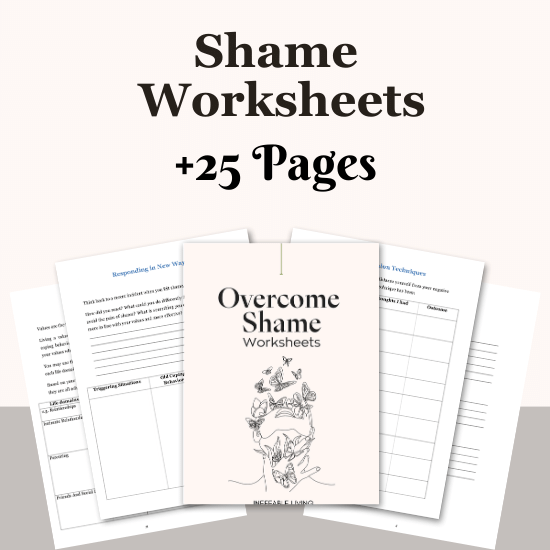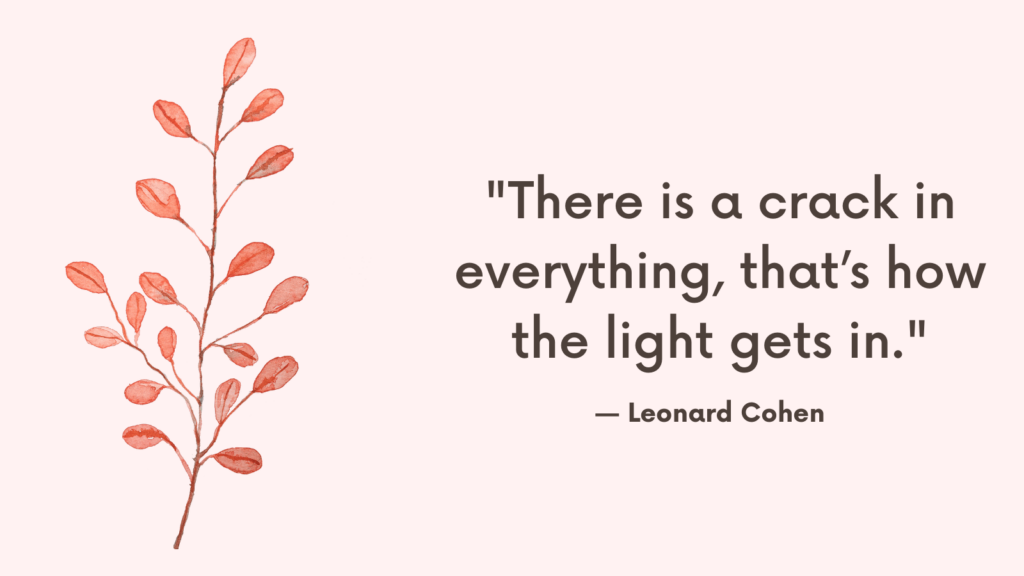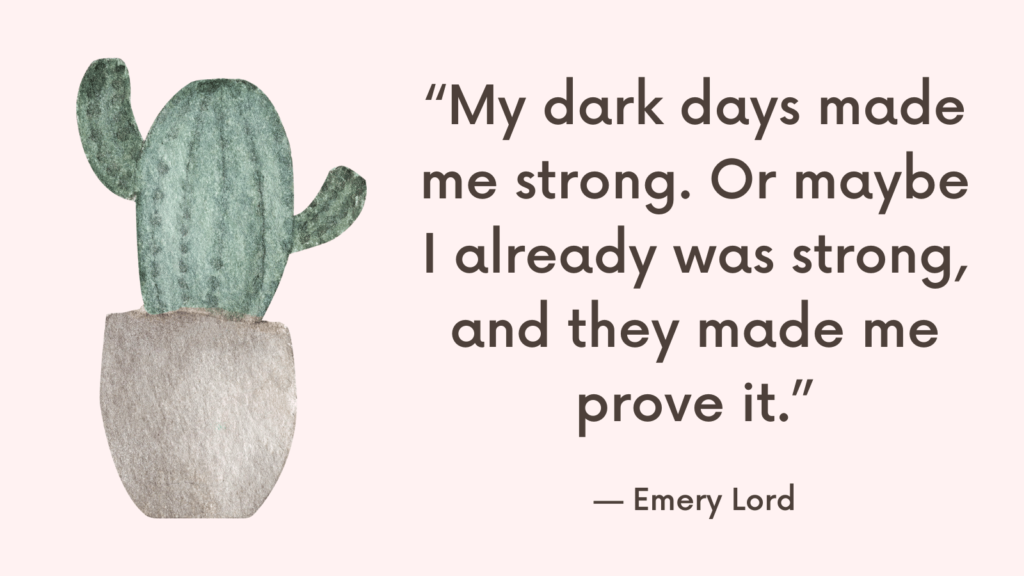Feeling guilty all the time—even when you haven’t done anything wrong—can be exhausting. A guilt complex makes you over-apologize, blame yourself, and feel responsible for things outside your control. Over time, it can lead to anxiety, self-doubt, and low self-worth.
This guide will help you understand why you always feel guilty, where it comes from, and how to break free from it.
What Is a Guilt Complex?
A guilt complex is when you experience persistent feelings of guilt, even when you haven’t done anything wrong. It’s different from healthy guilt, which happens when we actually make a mistake. Instead, a guilt complex makes you feel:
Guilty for saying no or setting boundaries
Responsible for other people’s happiness
Ashamed of past mistakes, even if they were small
Like you’re never doing enough
That you don’t deserve good things
Guilt can be useful when it teaches us to take responsibility—but excessive guilt is harmful and unnecessary.
Related: Guilt And Shame In Recovery: Top 10 Tips to Overcome Them
Common Causes of a Guilt Complex
1. Childhood Conditioning
If you grew up being told that your actions always affected others (“You hurt my feelings when you do that”), you may have learned to take responsibility for everyone else’s emotions.
Strict parenting, high expectations, or emotional neglect can also create perfectionism-driven guilt.
2. People-Pleasing Tendencies
Feeling like you have to make everyone happy leads to guilt when you can’t.
If you struggle to say no, you might feel guilty when you prioritize yourself.
Related: Toxic Shame Quiz
3. Religious or Cultural Beliefs
Some people feel guilt tied to moral or religious beliefs, even for minor mistakes.
Cultural expectations (especially around duty, respect, or family obligations) can create guilt for not meeting certain standards.
4. Unrealistic Self-Expectations
Perfectionism makes you feel guilty when you don’t meet impossible standards.
You may believe that being “good enough” isn’t enough.
5. Survivor’s Guilt
If you’ve been through a traumatic event or loss, you may feel guilty for surviving or having opportunities others didn’t.
Guilt often comes from the belief that you are responsible for things you can’t control—but this is not true.
Related: Best 20 Healing Shame Exercises To Break Free From Toxic Shame
7 Signs You Have a Guilt Complex
- You feel guilty even when you haven’t done anything wrong.
- You over-apologize, even for small things.
- You struggle to set boundaries without feeling bad.
- You blame yourself for things outside your control.
- You have a hard time enjoying success or good things in life.
- You ruminate on past mistakes for years.
- You feel responsible for other people’s emotions or happiness.
If guilt is controlling your emotions, decisions, and self-worth, it’s time to break the cycle.
Related: Top 17 Shame Journal Prompts (+FREE Worksheets)
How to Overcome a Guilt Complex?
1. Identify the Source of Your Guilt
Ask yourself: “Why am I feeling guilty?”
Is it based on facts or assumptions?
Is it past conditioning (e.g., childhood guilt) or a real issue that needs addressing?
Example:
“I feel guilty for taking time for myself.” → Why? → “Because I was taught that putting myself first is selfish.”
Understanding where guilt comes from helps you separate valid concerns from unnecessary self-blame.
2. Challenge Your Guilt with Logic
When you feel guilty, ask:
“Did I actually do something wrong?”
“Would I blame someone else for doing the same thing?”
“Am I responsible for fixing this, or am I taking on unnecessary blame?”
Example:
You say no to helping a coworker, but then feel guilty.
Ask yourself: “Did I actually do something wrong, or am I just uncomfortable saying no?”
Challenging guilt helps you stop blaming yourself unnecessarily.
Related: How to Break Shame Cycle? Top 8 Strategies
3. Stop Over-Apologizing
If you apologize constantly, ask yourself if it’s necessary.
Replace automatic apologies with alternative phrases:
Instead of “I’m sorry for bothering you,” say “Thanks for your time.”
Instead of “I’m sorry for saying no,” say “I appreciate you understanding.”
Apologizing too much reinforces the belief that you’re always at fault.
4. Learn to Say No Without Guilt
You don’t have to justify or explain your “no.”
Start small:
“I can’t today, but I appreciate you asking.”
“I’d love to help, but I’m at my limit right now.”
Saying no is not selfish—it’s necessary for self-care.
Related: Best 10 Shame Books
5. Let Go of Past Mistakes
If you feel guilty about something in the past, ask:
“Can I change it?” → If yes, take action. If no, let go.
“Did I do the best I could with what I knew then?”
Forgive yourself the way you would forgive a friend.
Holding onto guilt for years doesn’t fix the past—it only hurts you in the present.
Related: Remorse vs Regret: What’s the Difference?
6. Stop Taking Responsibility for Other People’s Emotions
You are not responsible for making everyone happy.
If someone is upset, ask:
“Did I intentionally harm them?”
“Is their reaction about me, or is it their own issue?”
Example:
Your friend is in a bad mood, and you feel guilty even though you didn’t do anything.
Reality: Their emotions are their responsibility, not yours.
Empathy is good, but taking on everyone’s emotions as your own is not.
7. Replace Guilt with Self-Compassion
When guilt arises, be kind to yourself instead of self-punishing.
Try self-compassion statements:
“I am human. I make mistakes, and that’s okay.”
“I deserve to take care of myself, just like everyone else.”
“I am allowed to say no without feeling guilty.”
Self-compassion weakens guilt’s power over you.

Final Thoughts: You Are Not Defined by Guilt
A guilt complex makes you feel like you’re constantly failing, but you don’t have to live under its weight.



